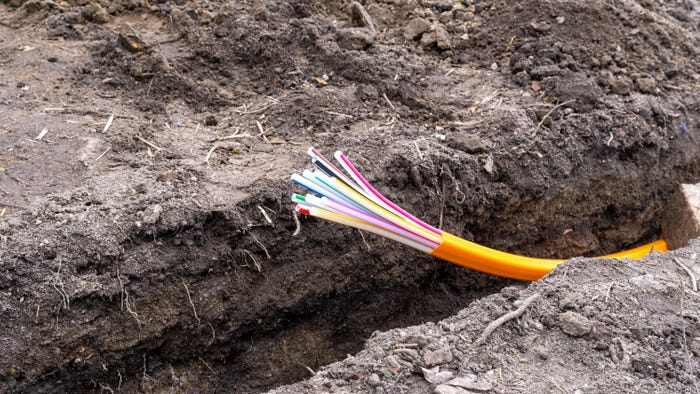Network Technology
More Topics
Intel CEO Pat Gelsinger
5G
Intel is having a torrid time in 5G, and it may get worseIntel is having a torrid time in 5G, and it may get worse
The network and edge group is now the worst performing of Intel's main product groups, with CEO Pat Gelsinger laying the blame on 5G headwinds.
Subscribe and receive the latest news from the industry.
Join 62,000+ members. Yes it's completely free.











.jpg?width=300&auto=webp&quality=80&disable=upscale)


































